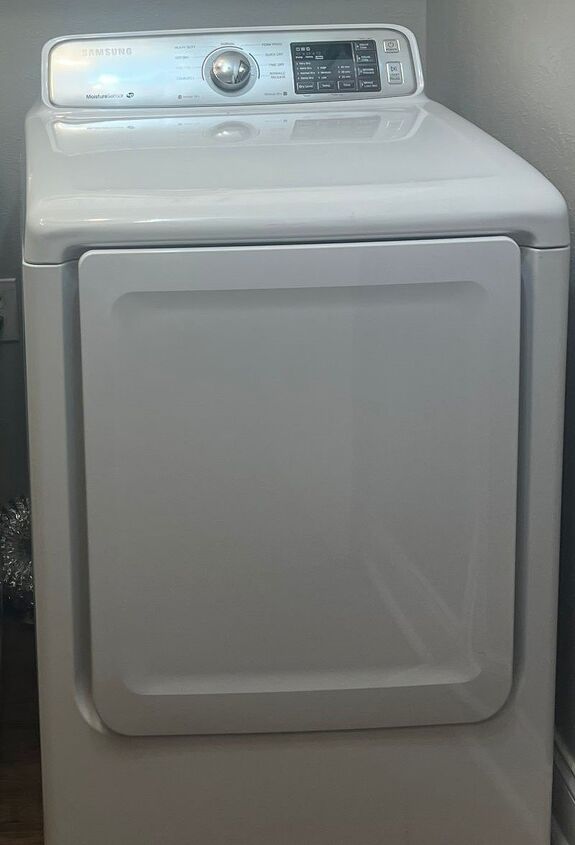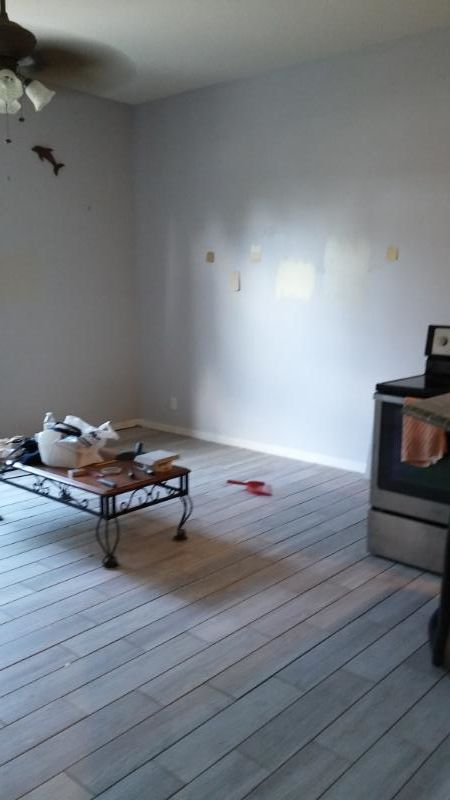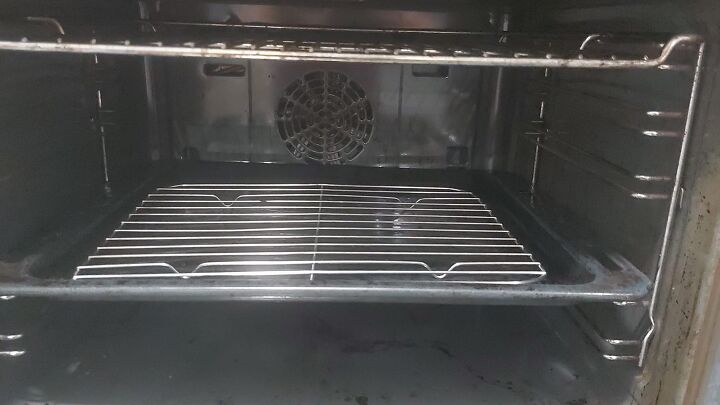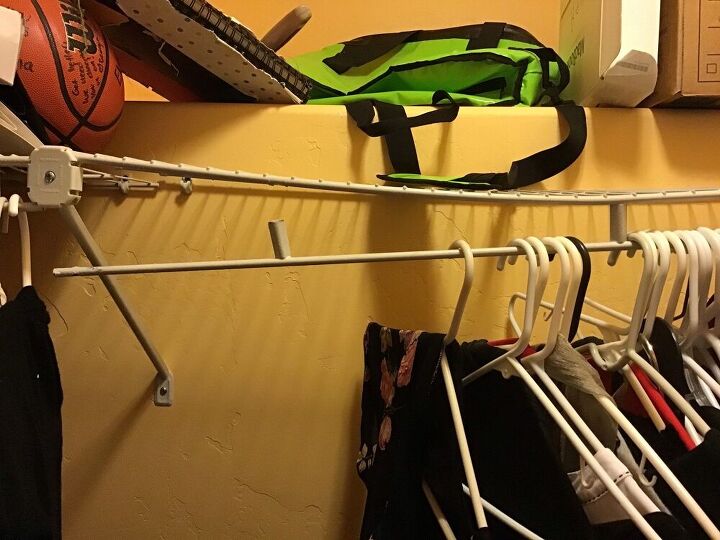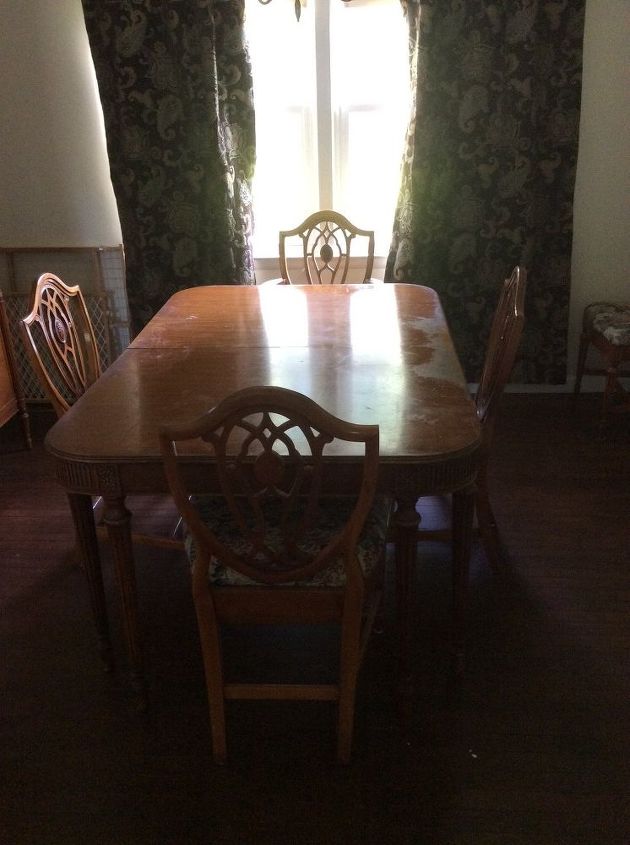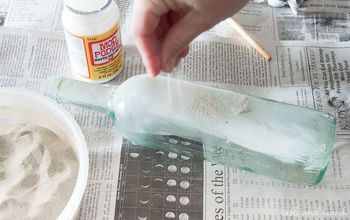Does anyone have any thoughts on the pros/cons of an "open" radiant heating system?
-
not sure what your thinking about when you say "open" . most radiant systems are imbedded in some type of substrate (concrete, tile etc) or below an existing floor surface. In the later case efficiencies are reduced. Solar and other heating systems often use "radiators" of some type which in a way is an "open" type system.
 KMS Woodworks
on Mar 25, 2012
Helpful Reply
KMS Woodworks
on Mar 25, 2012
Helpful Reply -
-
I was curious about this so I did a quick Google search and learned that an open radiant system is where radiant floor heat is mixed with domestic hot water. This source advises against it and says it is best to keep the domestic water system separate.. I'm curious though to hear what experts here have to say about this. KMS? http://www.krelldistributing.com/open_vs_closed.htm
 Miriam Illions
on Mar 26, 2012
Helpful Reply
Miriam Illions
on Mar 26, 2012
Helpful Reply -
-
Yes, this is the conclusion I am coming to as well. However, the house we moved into has an open radiant heating system, so now I'm trying to figure out the best solution. I have been told adding a heat exchanger to our water heater should do the trick, but it is an expensive fix. Not sure which direction to go in now.
 Margaret S
on Mar 26, 2012
Helpful Reply
Margaret S
on Mar 26, 2012
Helpful Reply -
-
Radiant systems can operate at a much lower temp than a domestic hot water system. As an example solar hydronic system can still "space" heat any time the fluid temp is above the ambient temp. 80 or 90 degrees is still plenty efficient. To "fix" your system we need to know some more details...is it currently a gas domestic water heater? or are you using some type of boiler? that then feeds a DHW heater.?
 KMS Woodworks
on Mar 27, 2012
Helpful Reply
KMS Woodworks
on Mar 27, 2012
Helpful Reply -
-
You can simply install a combi boiler. This is one that heats both your domestic hot water (faucets) and can provide the necessary heat for radiant heat. These heaters can be expensive to install, but with rebates, local and state programs to help defray the costs, plus the savings you get from using these high efficiency units. They pay for themselves in a few years. While many people use hot water heaters for providing the heat for radiant systems, they are not designed for that and fail in short order do to build up of hard water byproducts inside the tank.
 Woodbridge Environmental Tiptophouse.com
on Jan 23, 2014
Helpful Reply
Woodbridge Environmental Tiptophouse.com
on Jan 23, 2014
Helpful Reply -
Related Discussions
Would you rather wash and fold laundry or clean the dishes?
Given the choice, would you prefer washing the dishes or doing laundry? Share your preferences and insights!
Need help picking a paint color to match my tile
The tile is gray/white with a hint of beige and looks like wood.The kitchen counters are Baltic beige and cabinets are dark wood as well
How is it really spelled?
Hi, I may be way off base, and if so, I apologize in advance, but I have heard many references to "Fir", the type of wood, with regards to kitchen walls and soffits, ... See more
Why does my oven smell when turned on?
Hi all,Lately, my oven emits an unpleasant smell whenever I turn it on. The kitchen then smells and the foul odor lingers, it's very frustrating.I'm sure I'm not alon... See more
How do I fix a broken metal hanging rod in my closet
I have a broken shelf hanging rod in my closet I tried gluing And taping it and nothing worked I need help and also the shelf is slightly bent
How to find out the value of antique furniture
My husband and I are looking to sell his grandmother's dining room set but, we have no idea what to ask for it. We could not find any markings as to who made it, all ... See more
How can I lighten my dark stained deck, or even paint parts white?
The previous owners used an oil-based, semi-transparent, dark walnut brown stain on the deck they built. I want to lighten up the area, perhaps even paint the deck c... See more
